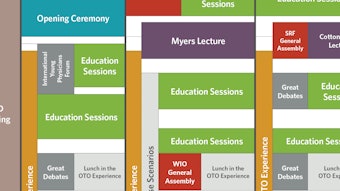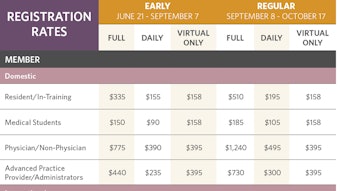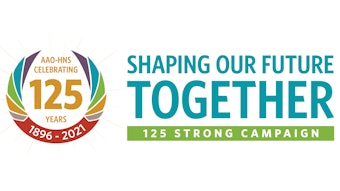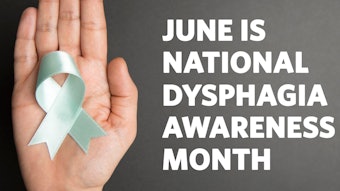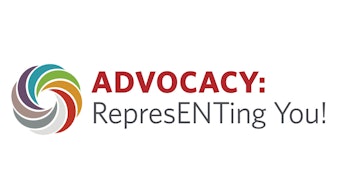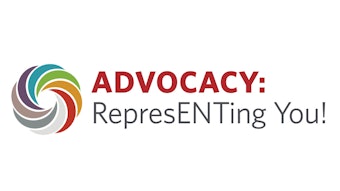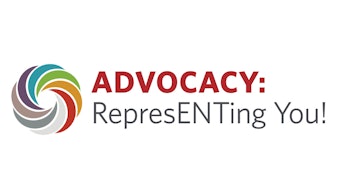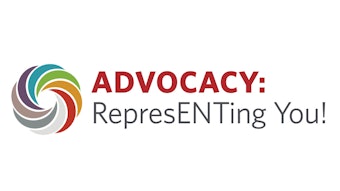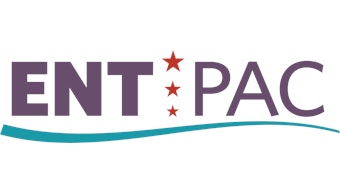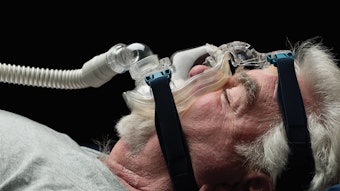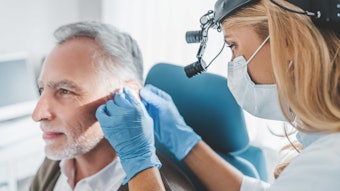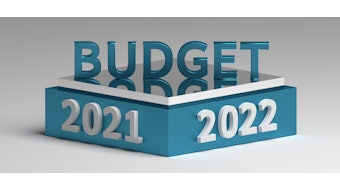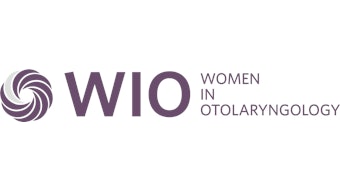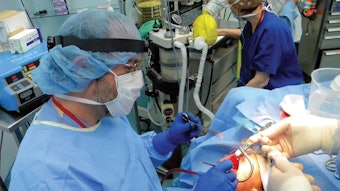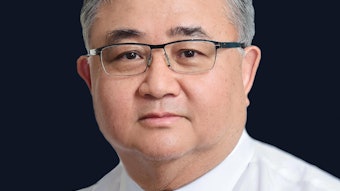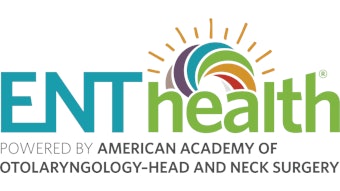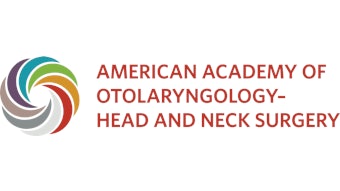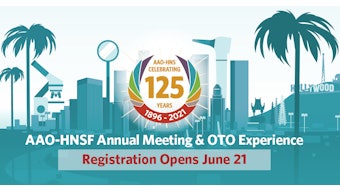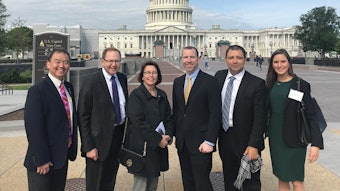State Legislative Alert | Children Require a Medical Evaluation before Hearing Aid Purchase
As the song says: The children are our future. Teach them well and let them lead the way.

It is currently estimated that three million children under the age of 18 have some type of pediatric hearing loss, and 30%-40% of these children have co-morbidities or associated disabilities. Research has shown that undiagnosed or untreated childhood hearing loss adversely affects future speech and language development, academic achievement, and social-emotional development and may also result in lower educational and employment levels as adults.
With so much at stake, it is no wonder that a family of a child with hearing loss would want immediate access to high quality technology, including hearing aids and other assistive devices that can maximize a child’s chances for a healthy, successful future. However, there may be a number of barriers to hearing aid access. Undoubtedly, the lack of insurance coverage resulting in high out-of-pocket costs is one of the chief impediments. Because insurance companies are regulated by the states in which they are located, numerous state legislators have stepped in to assist families by introducing legislation requiring group and individual insurance policies to provide coverage of hearing aids for children. Unfortunately, state legislators are often not experts in the otologic care of children nor in assistive technology. This becomes evident every year when the Academy and our advocates must step forward to provide guidance, often via amendments, on hearing aid coverage bills proposed by well-meaning legislators.
The physician members of the AAO-HNS are committed to the highest standards of otolaryngologic care for their pediatric patients. This commitment includes taking time to advocate for children to ensure that the medical diagnosis and care they receive are provided by the best trained professionals for their medical disorders. The Academy reinforces this premise through our Position Statement, Evaluation Prior to Hearing Aid Fitting. This statement begins with the acknowledgment that hearing loss is a medical condition requiring evaluation, diagnosis, and discussion of treatment options by a qualified physician, such as an otolaryngologist. In its Position Statement on Infant Hearing, the American Academy of Pediatrics Joint Committee also references otolaryngologists as the physician specialists who perform full medical diagnostic evaluation of the head, neck, ears, and related structures to determine whether a hearing disorder is related to a medically treatable condition. In other cases, otolaryngologists may diagnose the hearing loss as related to underlying systemic disease for which hearing aids may not be beneficial and instead could cause additional physical harm to the child and undue economic hardship to the family.
The Food and Drug Administration’s (FDA) requirements at 21CFR801.420, which fully supports the requirement for a medical evaluation by a qualified physician prior to dispensing a hearing aid, provide an important foundation. Most state legislators are unaware that the FDA regulates hearing aids as medical devices. In the section labeled Important Notice for Prospective Hearing Aid Users, the FDA states: “Good health practice requires that a person with a hearing loss have a medical evaluation by a licensed physician (preferably a physician who specializes in diseases of the ear) before purchasing a hearing aid. Licensed physicians who specialize in diseases of the ear are often referred to as otolaryngologists, otologists or otorhinolaryngologists. The purpose of the medical evaluation is to assure that all medically treatable conditions that may affect hearing are identified and treated before the hearing aid is purchased.” Part of this regulation goes on to require a waiver if an individual did not have a medical evaluation within six months of the purchase of a hearing aid. In 2016, the FDA issued guidance that, while still recommending the waiver/medical exam requirement for adults, the agency would no longer enforce it. The agency made it very clear, however, that for children, the physician/medical evaluation still stands: “Due to the specific needs and health concerns associated with children with hearing loss, we believe that the medical evaluation requirement should continue to be enforced for all prospective hearing aid users younger than 18 years of age.”
The Academy, its State Trackers, and state advocates remain dedicated to sharing these important facts with the state legislators through testimony, letters of concern, and legislative amendments. Every year, approximately 20 states file insurance coverage bills for hearing aids. This year, despite the ongoing pandemic and its impact on our public health systems, has been no exception. Armed with the facts, the Academy and its dedicated Advocacy Network steadfastly advocate to successfully amend hearing health state legislation to safeguard the best interest of children and their families.
